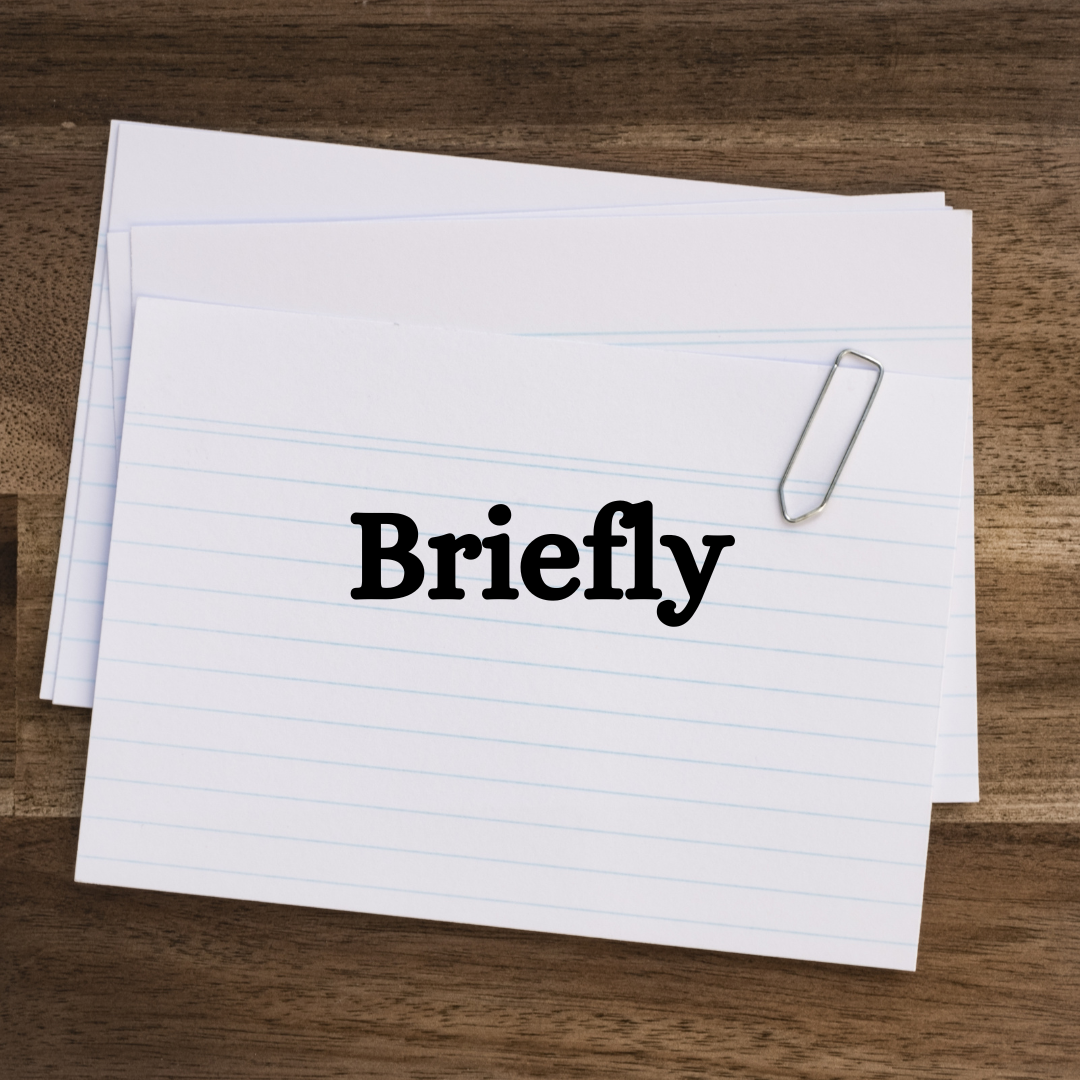This is Your Brain on News
Interview of Bryan Caplan at the 80,000 Hours Podcast. Transcript.


There’s sort of two different takes, or two different angles.
One is: What is the actual effect of following the news on the life of the individual that’s doing it? And I think it’s hard to imagine that it’s not just what you’re saying. Just imagine doing a time diary approach, where you are talking about what you’re doing and what your mood is at every minute of the day. Obviously, when people are watching the news, normally stuff on the news is quite horrifying, and they’re getting upset and agitated. If you just think about people that are angry about things every day, normally they don’t have enough stuff going on in their personal lives to actually get that angry — so what they are angry about is stuff that they are hearing about on the news. So that one I would just say is the main selfish case.
And then to say, “But what if I fail to learn something that’s really important for me personally?” Well, what are the odds of that? That hardly ever happens. And especially if it were going to be that important, you would hear about it almost certainly in a number of other ways and therefore it wouldn’t matter. I remember actually my family was driving down from DC to Florida on the very day that the George Floyd riots were hitting the country. So I had heard something about it from Facebook. But if we were just totally not following the news, since I was going to be visiting some friends, I would have gotten emails from them — I did get emails from them — saying, “Don’t come to Charleston, South Carolina; it’s a war zone here.” And therefore it would have been fine.
So it really just very rarely happens that not following the news would actually wind up having any harm to you personally because you were uninformed, and there are the psychological gains from not having the negativity — because as we know, news veers very negative.
Now, in terms of “How can you become an informed and enlightened person?” — that’s the other perspective. And this is one where my first reaction is: read it in history books. If it’s that important, it’ll be in history books. Read that. When I do want to get up to date with something that’s been going on, I find it’s very helpful just to read Wikipedia. It’s a lot less emotionally affecting because they’re aggregating a whole lot of information. It’s not this sense of, “What’s going to happen next? What’s going to happen next? Oh no. Oh good. Oh no.”
So in that way, you wind up getting not only less of an emotional rollercoaster, but you also get a better picture of what’s really going on when you read the Wikipedia article on an event — because there’s filtration, there’s curation, stuff that turns out to be not actually true and important generally doesn’t appear on the Wikipedia article. And in that way, you can still be highly informed.
